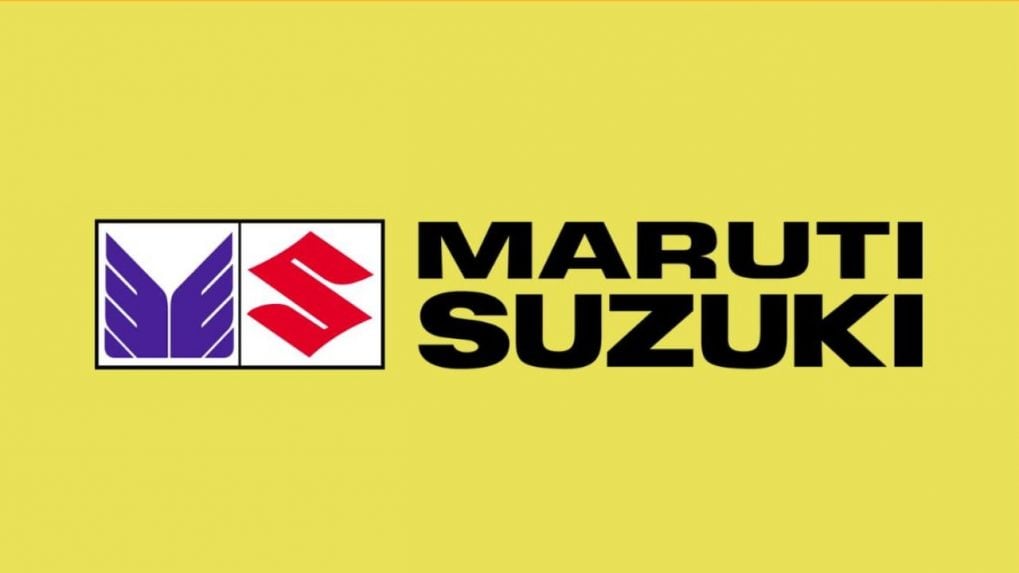Maruti Suzuki increases advertising spends by 11.4% to ₹1,742.6 cr in FY25
The advertising budget alone rose by over ₹86 crore year-on-year, while sales promotion costs increased by nearly ₹98 crore, highlighting the company’s heightened focus on brand building and consumer outreach.
ADVERTISEMENT
Maruti Suzuki India Limited (MSIL), the country’s leading automobile manufacturer, continued its aggressive marketing and branding push in the financial year 2024–25, recording a significant increase in advertising and promotional spending. The company reported 11.42% increase in advertising and sales promotion expenditure in FY25 as compared to last fiscal.
According to the company’s latest annual report, Maruti Suzuki spent ₹1,127.5 crore on advertising and ₹615.1 crore on sales promotion activities during the year ended March 31, 2025. Combined, the total sales and marketing expenditure stood at ₹1,742.6 crore, up from ₹1,558.1 crore in FY24. The advertising budget alone rose by over ₹86 crore year-on-year, while sales promotion costs increased by nearly ₹98 crore, highlighting the company’s heightened focus on brand building and consumer outreach.
This surge in spending coincided with a challenging year for the domestic passenger vehicle market, where overall growth remained tepid at just 2 percent. With showroom footfalls affected by extreme summer conditions and the national elections in the first quarter, the automobile industry experienced pressure on retail volumes. As a result, original equipment manufacturers (OEMs) like Maruti Suzuki leaned heavily on promotional incentives to revive consumer interest.
Despite these headwinds, the company managed to achieve record vehicle sales of 2.23 million units, driven largely by replacement and additional car buyers. However, affordability issues continued to limit the participation of first-time buyers, especially in the non-premium hatchback segment. Maruti Suzuki intensified its marketing efforts during the festive season and expanded its footprint across non-urban markets, adding 372 new sales outlets during the year.
The company's advertising push supported key model launches and refreshed variants, including the Epic New Swift, Baleno Regal Edition, and Grand Vitara Dominion Edition. Strategic campaigns around green mobility and hybrid electric vehicles also featured prominently in its promotional strategy.
According to the company’s annual integrated report, Maruti Suzuki posted net sales of ₹1,45,115.2 crore in FY25, registering an increase from ₹1,34,937.8 crore in the previous year. Profit after tax (PAT) rose to ₹13,955.2 crore, a 5.6% growth over the ₹13,209.4 crore recorded in FY24.
The company’s total revenue, including other income and operating revenues, reached ₹1,56,650.5 crore, an 8.2% increase over last year. Total expenses stood at ₹1,37,467.3 crore, with material cost comprising approximately 74.5% of net sales.
Maruti Suzuki India Chairman RC Bhargava stated, "The growth rate of the car industry has become a matter of considerable concern. Over the last 6 years, starting from the implementation of BS 6 standards, and followed by more strict safety and emission standards, the average growth of the industry has been 4.4% a year. In FY 2024-25, retail sales growth was 3% and in quarter1 this year there has been a de-growth of 1.3%. This slowdown in the car industry has happened despite the country experiencing the highest GDP growth amongst large countries and calls for serious consideration."
Bhargava said, "Our penetration of cars at 34 per thousand of population is very low. Two-thirds of the population is dependent on two wheelers for their mobility needs. It is also well accepted that the car industry is the driver of economic growth and employment creation, as evidenced in all major developed economies."
Read More: Maruti Suzuki just made this safety feature standard. But it will cost you


